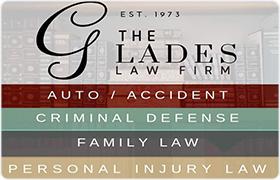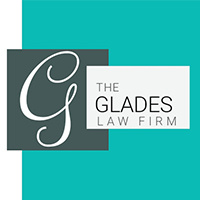Avilla White Collar Crime Lawyer, Missouri
Sponsored Law Firm
-
 x
x

Click For More Info:
-
The Glades Law Firm, P.C.
1120 SE Murphy Blvd Joplin, MO 64801» view mapCriminal Defense Law Determined. Experienced. Passionate.
Serving Southwest Missouri since 1973. Our experienced legal staff is dedicated to helping you with personal injury, criminal defense, and family law matters.
800-965-6971
Not enough matches for Avilla White Collar Crime lawyer.
Below are all Avilla Criminal lawyers.
Phillip Alan Glades
✓ VERIFIED *Status is reviewed annually. For latest information visit hereAccident & Injury, Divorce & Family Law, Criminal
Our experienced legal staff is dedicated to helping you with the following legal matters: Family Law Criminal Defense Personal Injury
Cobb Young
DUI-DWI, Criminal, Bankruptcy, Personal Injury
Status: In Good Standing *Status is reviewed annually. For latest information visit here
Alexis H. Tighe
General Practice
Status: In Good Standing *Status is reviewed annually. For latest information visit here
Andrea Patricia Griena
Criminal
Status: In Good Standing *Status is reviewed annually. For latest information visit here Licensed: 4 Years
Austin John Knoblock
Traffic, Family Law, Criminal, Divorce & Family Law
Status: In Good Standing *Status is reviewed annually. For latest information visit here
Brian V. Glades
Premises Liability, Criminal, Products Liability, Car Accident
Status: In Good Standing *Status is reviewed annually. For latest information visit here
Charles H. Lonardo
Foreclosure, Health Care Other, Divorce & Family Law, Juvenile Law, Bankruptcy & Debt
Status: In Good Standing *Status is reviewed annually. For latest information visit here
Craig Richard Heidemann
Traffic, Mass Torts, Government, Criminal, Personal Injury
Status: In Good Standing *Status is reviewed annually. For latest information visit here
Craig Edward Lowe
Criminal
Elizabeth Davis
Estate Planning, Adoption, Criminal, Car Accident
Status: In Good Standing *Status is reviewed annually. For latest information visit here
 Phillip A. Glades Joplin, MO
Phillip A. Glades Joplin, MO Practice AreasExpertise
Practice AreasExpertise
